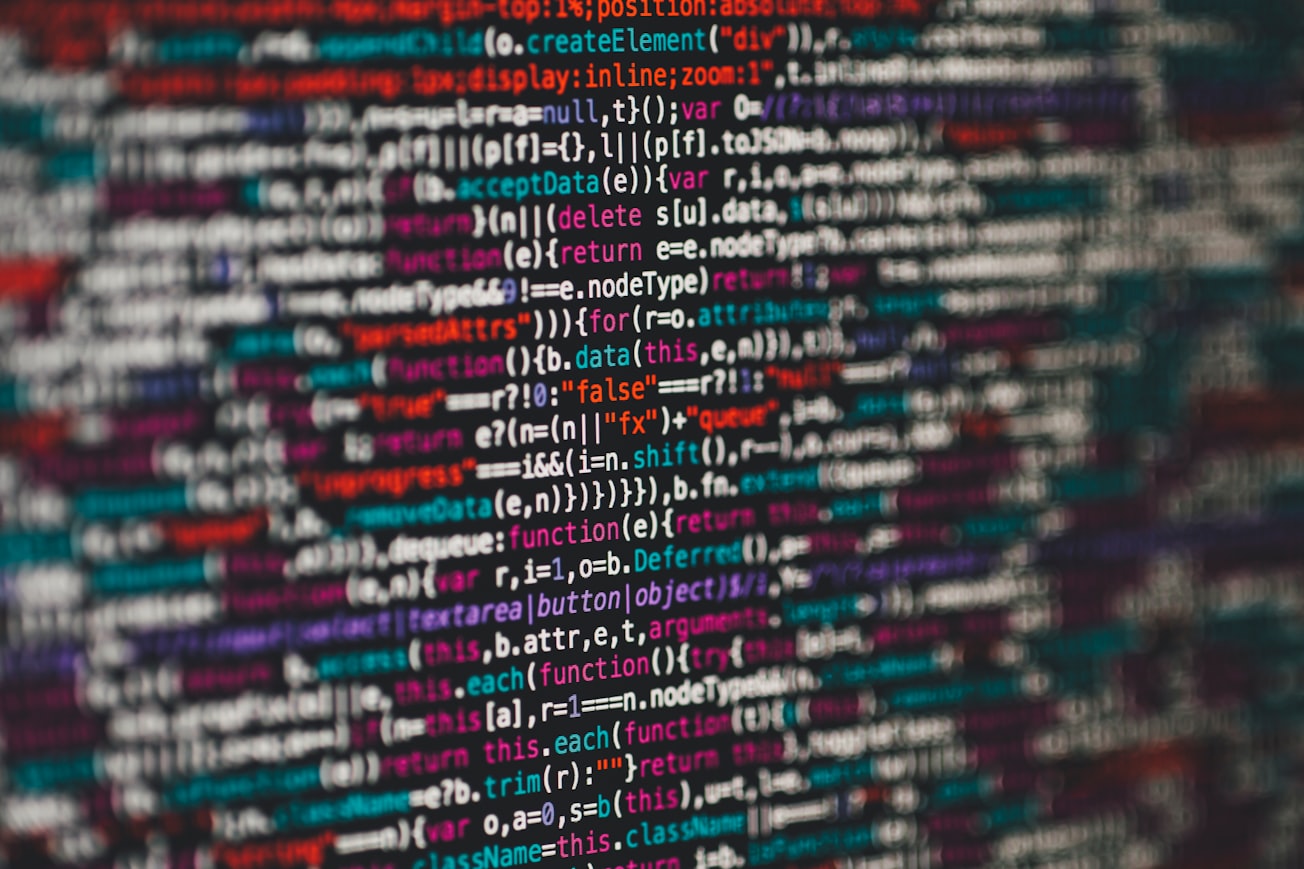What is it about?
This research addresses how SLAs handle violations related to service-based systems (SBS) and proposes incremental SLA violation handling with time impact analysis. The main role of the time impact analysis is to automatically generate an impact region based on the negative time impact conditions along with appropriate time requirements.
Featured Image

Photo by Markus Spiske on Unsplash
Why is it important?
Whenever an SLA violation occurs to a service, it can potentially impact services, leading to unreliable SBS. SLA violation handling support is necessary to produce a robust and adaptive SBS. At present, there has been little attention given to handling strategies that take impact information into account to reduce the amount of change. This is essential to effectively handle the violation within a reasonable recovery execution time.
Perspectives
An SLA is used to govern the commitment between a service provider and a client. Particular aspects of the service – quality, availability, responsibilities – are agreed between the service provider and the service user. Test automation is the use of software separate from the software being tested to control the execution of tests and the comparisons of actual outcomes with predicted outcomes. In this research, the proposed automated software solution is applied to handle the performance degradation of various web-based systems. It can run 24/7 and perform any recovery action in responding to performance degradation
Azlan Ismail
Universiti Teknologi MARA
Read the Original
This page is a summary of: Incremental service level agreements violation handling with time impact analysis, Journal of Systems and Software, June 2013, Elsevier,
DOI: 10.1016/j.jss.2013.01.052.
You can read the full text:
Contributors
The following have contributed to this page







